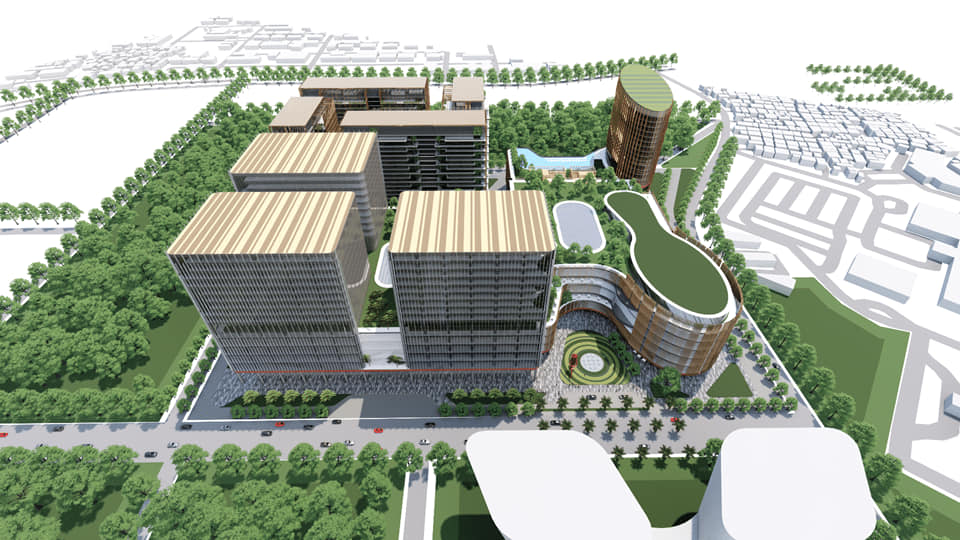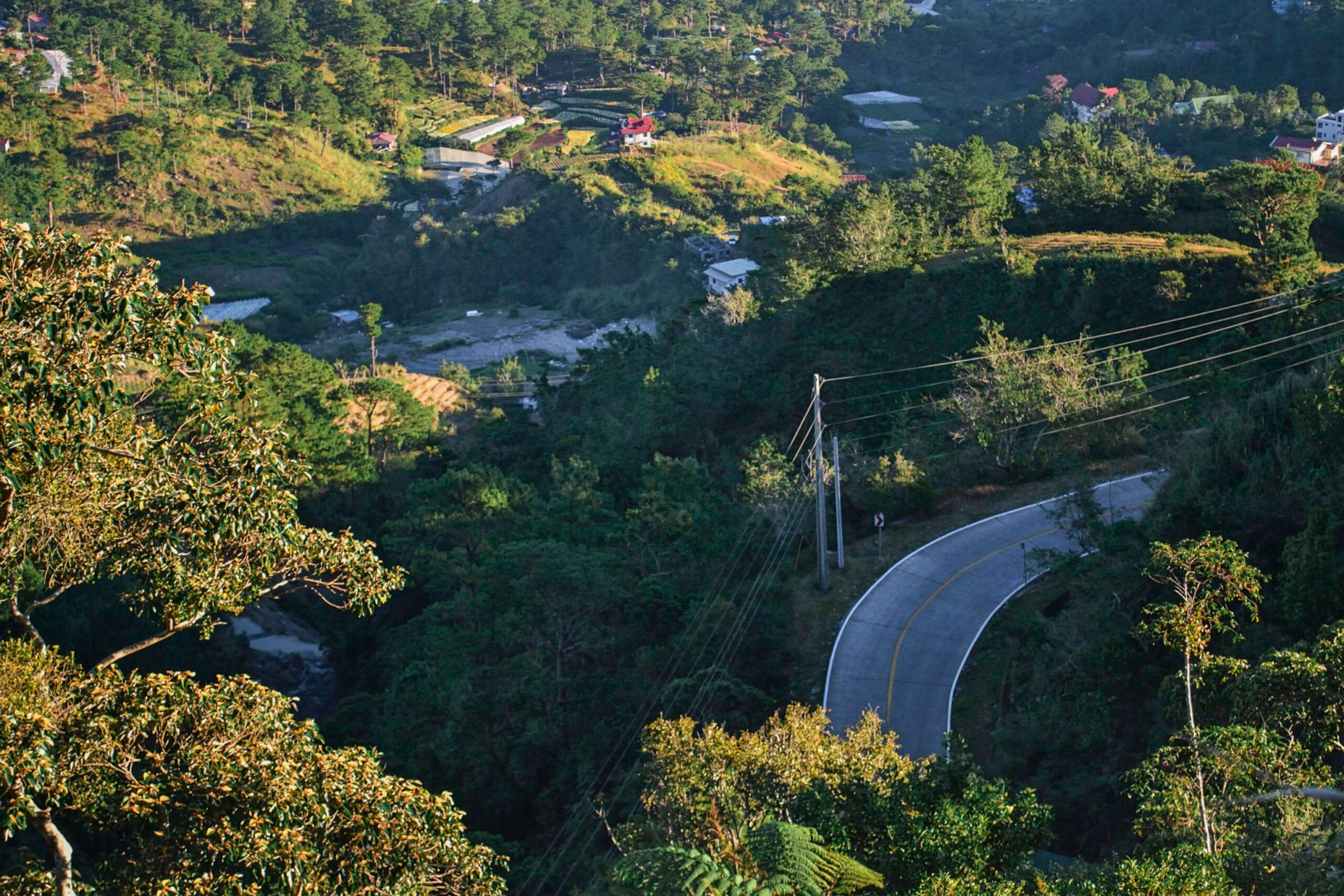Manila, Philippines – The long-awaited implementation of the Philippine government’s ban on Philippine Offshore Gaming Operators (POGOs) has officially begun, signaling a significant shift in the country’s real estate landscape. The ban, aimed at curbing illegal activities and promoting responsible gambling, is expected to have both positive and negative repercussions on the local property market.
Positive Impacts:
- Reduced Crime Rates: One of the primary reasons for the POGO ban was the association of these operations with increased crime rates, including human trafficking and illegal gambling. With the closure of POGO establishments, local authorities anticipate a decline in crime incidents, leading to safer communities.
- Revival of Residential Markets: The POGO boom in recent years had driven up demand for office spaces and residential units, particularly in Metro Manila. As POGO-related demand wanes, the residential market is expected to experience a revival, with more units becoming available for local buyers and renters.
- Diversification of Economic Drivers: The Philippine economy has become increasingly reliant on the POGO industry, raising concerns about its sustainability. The ban offers an opportunity to diversify the country’s economic drivers and promote other sectors, such as tourism, manufacturing, and agriculture.
Negative Impacts:
- Job Losses: The POGO industry employed a significant number of workers, both directly and indirectly. The ban is likely to result in job losses, particularly in areas heavily reliant on POGO operations.
- Vacant Commercial Spaces: The closure of POGO establishments will leave behind vacant commercial spaces, potentially impacting property values and rental rates in certain areas.
- Slower Economic Growth: In the short term, the ban may contribute to slower economic growth as the country adjusts to the loss of revenue from the POGO industry.
Government Initiatives:
To mitigate the negative impacts of the POGO ban, the Philippine government has implemented various initiatives, including:
- Job Training and Placement Programs: The government is providing job training and placement programs to assist displaced workers in finding new employment opportunities.
- Tax Incentives: The government is offering tax incentives to businesses in other sectors to encourage investment and job creation.
- Diversification Strategies: The government is promoting diversification strategies to reduce the country’s dependence on the POGO industry and strengthen other sectors of the economy.
As the POGO ban continues to unfold, it remains to be seen what the long-term implications will be for the Philippine real estate market. While the ban presents both challenges and opportunities, the government’s proactive measures and the resilience of the Philippine economy may help to minimize the negative impacts and pave the way for a more sustainable and diversified future.








